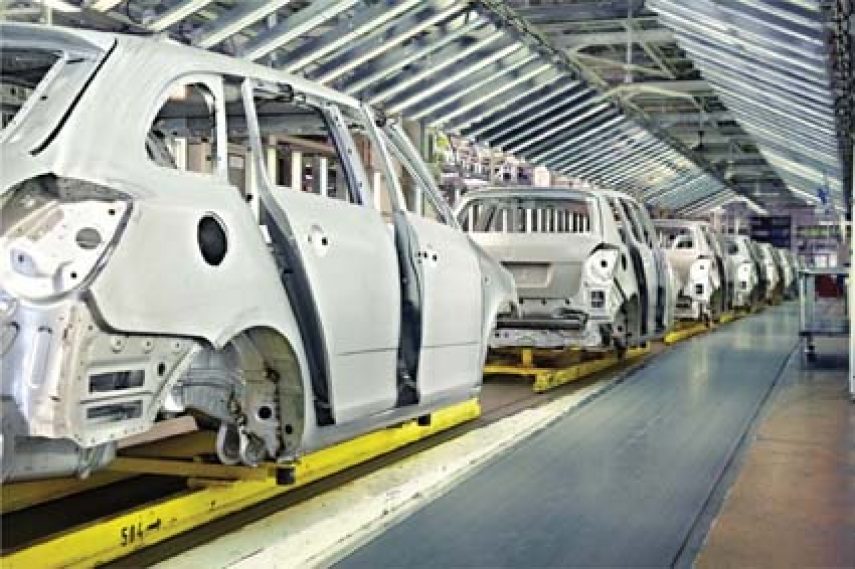MANUFACTURING in the automotive industry is very complex with many production variables and processes. And like many other manufacturing industries it faces serious challenges with increasing global competition, inherent inefficiencies and variance in quality.
In a typical manufacturing environment decisions and actions upstream can have a significant impact on downstream processes and ultimately the quality of the final product, and traditional statistical process controls (SPC) cannot analyse the quantities of data being generated at the tempo required to prescribe actions to reduce variance in quality.
That’s according to Dr. Michael Grant, CTO of DataProphet, who added that SPC analysis is not able to prescribe corrective action due to the cascade type effects that cause variance in quality on automotive assembly and manufacturing lines.
The fine-tuning of production processes, said Grant, is largely performed at cell or machine level with little or no understanding of what the prevailing factors upstream are and the resultant impact downstream. With artificial intelligence (AI) and machine learning we are able to analyse large data sets and identify the optimum operating state for a production line.
“Defects are almost always a focus area for the industry and reducing them is often in managers’ KPIs (key performance indicators). The use of AI within their manufacturing operations can, therefore, reduce the probability of such defects ever occurring by improving the efficiency of the process by optimising the variable process parameters,” Grant said.
DataProphet, a Cape Town based AI and machine learning specialist company, developed Omni, a solution which ingests large, historical production and quality data sets to provide a unified data view from different and often separate data sources across the production environment.
Omni learns a mapping of the production process, providing operators with a single view for production and quality data of any unit produced – allowing users to, at any time, pull a report describing the difference between the current operating parameters and any other period in the past as well as the prescribed parameters.
The prescribed real-time actions to operators take into account up and downstream variables not visible to the operator and as such emulates the optimum production state which reduces variance in quality.
Omni Vision, a computer vision module, further augments Omni by actively recognising surface defects on manufactured components — providing an automated quality gate and additional data for Omni to optimise process parameters.
Grant will be presenting at the NAACAM show 13 March on the future of automotive manufacturing followed by a technical demonstration of the Omni solution.

